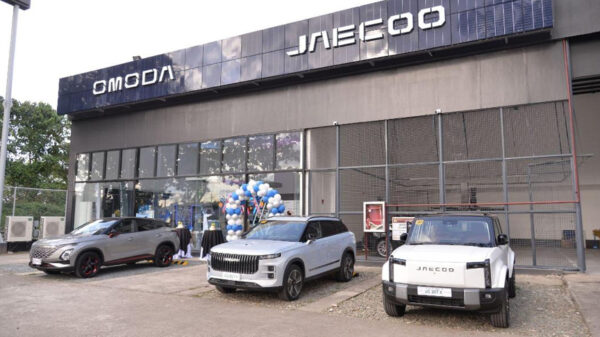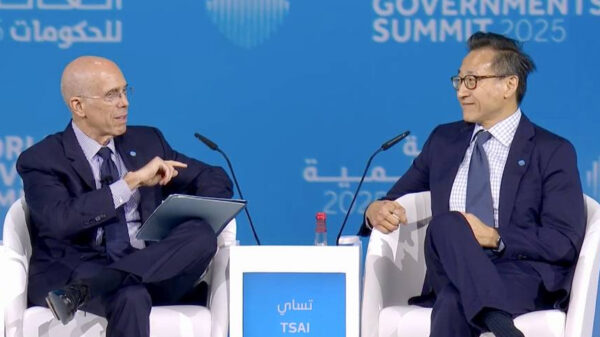Alibaba disclosed its latest green innovation for its annual 6.18 Mid-Year Shopping Festival (“6.18”), a large-scale campaign on its retail platforms including Taobao and Tmall. Shared for the first time, the carbon emission per order during the 6.18 sales has been cut by 18 percent compared to last year, highlighting the company’s ongoing efforts in pursing sustainability through the adoption of green technology.
The achievement was driven by Alibaba’s enhanced algorithm, which has been deployed to support Alibaba’s popular retail platform with its AI features including image search and personalization recommendation. The algorithm upgrade, underscored by Alibaba’s innovative machine learning technology has resulted in a remarkable reduction of computing resources while delivering optimal shopping experience.
The increased use of clean energy – such as wind and photovoltaic power in data centers, as well as green logistics featuring smart packaging and rooftop photovoltaic power stations – have also contributed to the reduction in energy consumption.
“In addition to using more renewable energy in our cloud facilities, we are also investing in our proprietary AI technology to cut down the amount of carbon emissions from our e-commerce platforms. To make our sustainability strategy more effective, we have been working on both the back-end infrastructure and front-end application, with a mission of making the 6.18 sales a low-carbon event and achieving carbon neutrality for our business in the near future,” said Li Cheng, Chief Technology Officer, Alibaba Group.
“As a responsible corporate citizen and technology pioneer, we shall be pursuing not only business values, but also social values that encompass environment friendliness and ecological sustainability. Moving forward, we would like to share our energy-efficient technology with our customers and partners, so we can contribute to a greener future together.”
Alibaba Cloud’s data center in Zhangbei County in Northwestern China, which plays a major role in supporting Alibaba’s e-commerce business, recorded a reduction of over 8,000 tons of carbon dioxide during the 6.18 sales thanks to its increased use of wind power. Since 2018, Alibaba has participated in a wind power trading program in Zhangbei, which encourages businesses entering into electricity trading contracts with wind power enterprises.
As of May this year, the total electricity generated from wind energy that was purchased through the program by Alibaba, reached 450 million kilowatt-hour. This resulted in a reduction of nearly 400,000 tons of carbon dioxide. Alibaba Cloud’s other datacentre in Inner Mongolia also increased its use of wind and photovoltaic power to 45 percent of the total energy mix as of May this year, jumping from 38 percent last year.
Cainiao Network, Alibaba’s logistics arm, also revealed that through its energy-efficient distribution center, smart packaging algorithm and rooftop photovoltaic power station, the carbon emissions from its value chain during the 6.18 sales have been reduced by over 13,000 tons.
Ele.me, Alibaba’s local service platform, delivered 20 million food takeaway orders without plastic cutlery during the 6.18 sales. As a result, the total energy saved by not supplying cutlery approximates 400 tons of carbon emission, equating to planting 22,000 Haloxylon trees.

















































































































